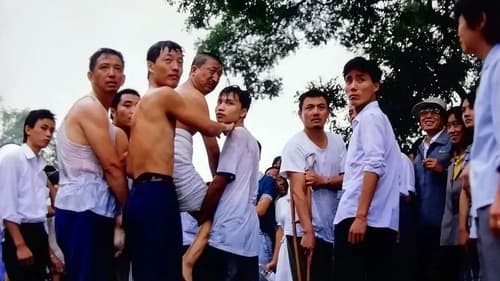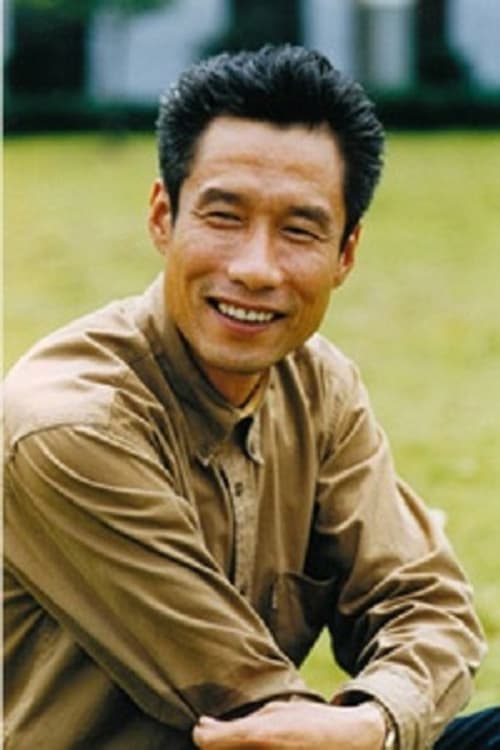
Liu Peiqi
Birth : , Tianjin, China
History
Liu Peiqi is a Chinese actor. He started his training in 1979 when he joined Military Art School. He joined Military Drama Group in Xinjiang Province in 1983. In 1985 he starred in his first movie, Father and Son, directed by Wang Bingling. After transferring to Beijing Military Drama Group, then the China National Drama Group, Liu starred in Days Without Leifeng, directed by Lei Xianhe. For his performance, he was awarded the Golden Rooster for Best Actor (China's version of the Academy Award). He was also awarded Best Performance in a Male Leading Role in the Outstanding Film Awards organized by the Chinese Ministry of Radio, Film and Television. Liu's recent credits include starring roles in Zhang Yimou's The Story of Qiu Ju, Zhou Xiaowen's Ermo and Chen Kaige's Together, for which he was awarded the San Sebastián International Film Festival Award for Best Actor, becoming the first Chinese actor ever to receive that award.
Description above from the Wikipedia article Liu Peiqi, licensed under CC-BY-SA, full list of contributors on Wikipedia.

Sang Jiu (Mulberry Nine)

The film tells the story of a French female journalist, Si Nuo, who happened to come to China in the early 1980s during the reform and opening up, and met the rural guy Liu Changgen. The two had a good time together. I have heard and witnessed the entanglement of love and marriage between young Chinese in those days, and left an unforgettable romantic love story with Changgen.
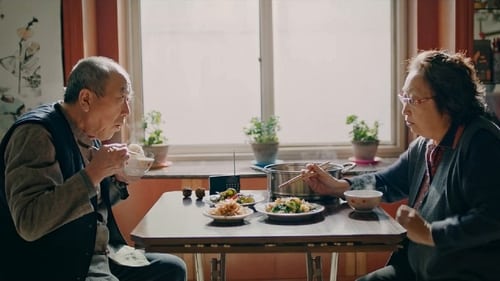
The original intention of the film was that there were four young people who used the lens to record the real life of their grandparents. During the creation process, they learned about the current aging situation in China. There are too many elderly people who lack company. So they decided Use what I have learned to shoot this movie "Everything is Like You". From the perspective of young people, it tells ten stories about "old care, filial piety and respect for the elderly". Their actions have been strongly supported by the older generation of film artists. This shooting is an unforgettable creative journey and a cultural heritage with a mission.

Wu Dayuan
During the dates of celebrating the Emperor's 80th birthday, an opera troupe from southern China was invited to come to Beijing to perform for the Emperor. Afterwards, the opera troupe was granted to stay in Beijing and became what we had known as 'Peking Opera' today.

During the Late Tang Dynasty, a manor is invaded by a demon cat and a sense of unrest befalls the capital of Changan. A poet is charged with investigating the case and meets up with a monk. The two work together and pull apart the thread of clues to reveal a history of truths leading to the events.

General Feng Zicai
The movie is based on a real historic event. During French's invading war against China in 1885, the French army took over Zhengnan Guan located in the Guangxi Province. Wishing to protect their beloved country, the 70 years old General Feng Zicai and his two sons volunteered to join the battle. The general understood it would be a difficult battle to win as the French soldiers held much more advanced equipment, resources and weapons. To show his devotion and determination, he brought his own coffin alongside with him to the war zone. He also utilized his experience with the Zhangnan Guan terrain to pave out strategies, made weapons applicable to their situations. These actions bolstered the morale tremendously, and prepared them well for the war. As a result, although the Chinese soldiers sustained heavy losses, they turned the tide of the battle and won.

Commander Song Shoujiu
A lowly brothel maid captures the attention of Shanghai triad leaders, pulling her into a brutal war where she learns to rise above the odds in order to survive.

A middle-aged couple from China arrives in the United States for the first time to organize the funeral rites of their only child. In the midst of dealing with the logistics of the funeral and their overwhelming grief, they begin to unravel the escalating fractures in their relationship and the uncertain futures that lie ahead of them.
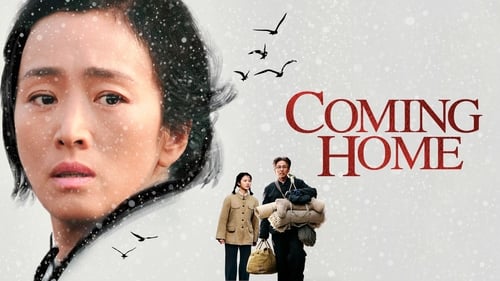
Comrade Liu
Lu and Feng are a devoted couple forced to separate when Lu is arrested and sent to a labor camp as a political prisoner during the Cultural Revolution. He finally returns home only to find that his beloved wife no longer remembers him.

With a unique perspective of the accompanying cameraman of Premier Zhou Enlai, the film tactfully tells the story that Premier Zhou went to the old revolutionary base area of Hebei Province at the beginning of the 1960s when our country suffered from the Great Chinese Feminine. He made in-depth research in Boyan commune of Handan District, work closely with the masses, followed up a clue and seized the culprit in four days and nights.
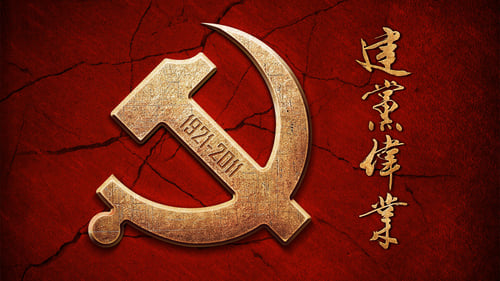
Gu Hongming
A chronicle of the events that led to the founding of the Chinese Communist Party.

Bright Sunshine (a.k.a. The Sun, 大太阳)

罗广顺
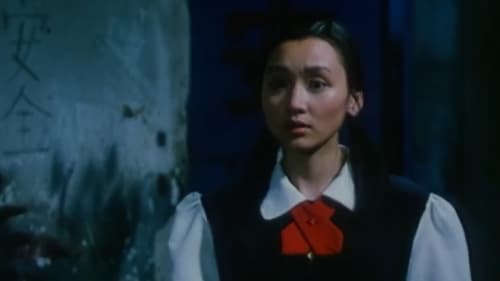
Muran's father
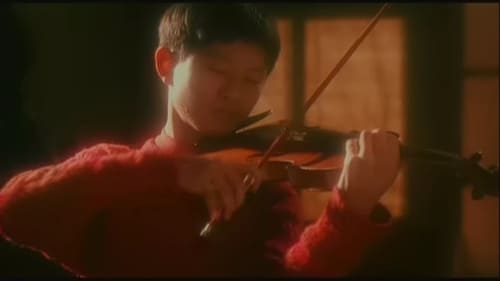
Liu Cheng
When a violin prodigy Xiaochun and his father head to Beijing seeking fame and fortune, they soon discover a fierce world of cutthroat ambition. But when Xiaochun is "adopted" by a famous music tutor, success finally seems within reach - until a shocking discovery begins to unravel his entire world, and the boy must make the most difficult choice of his life. Can he achieve the fame his father had always hoped for without losing the extraordinary passion that sets him apart?

徐老师

Master Ren (Ren JingFeng)
Beijing, 1902: an enterprising young portrait photographer named Liu Jinglun, keen on new technology, befriends a newly-arrived Englishman who's brought projector, camera, and Lumière-brothers' shorts to open the Shadow Magic theater. Liu's work with Wallace brings him conflict with tradition and his father's authority, complicated by his falling in love with Ling, daughter of Lord Tan, star of Beijing's traditional opera. Liu sees movies as his chance to become wealthy and worthy of Ling. When the Shadow Magic pair are invited to show the films to the Empress Dowager, things look good. But, is disaster in the script? And, can movies preserve tradition even as they bring change?

Sunkai
Sunkai, a high school Chinese language arts teacher, becomes a host for the radio program "Star in the Sky". Being a popular host, he faces the misunderstanding from his wife Guo Li and admiration from his co-host Taotao.

Qiao
Lamenting the accidental death of his comrade and model citizen Lei Feng, Qiao adopts him as a role model in serving his people.

A humble noodle-maker in a remote Chinese province, Ermo feels that she's being taken for granted by family and friends. She decides the best way to impress them is to bring home the biggest, most expensive television set she can find - no matter how many noodles she has to peddle.
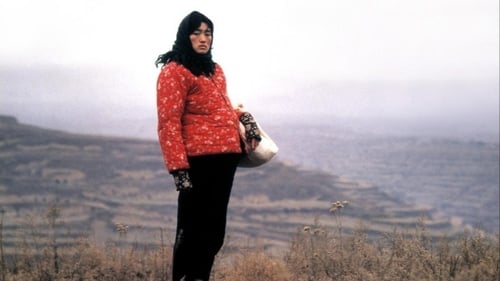
Wan Qinglai
When her husband is kicked in the groin by the village head, Qiu Ju, a peasant woman, despite her pregnancy, travels to a nearby town, and later a big city to deal with its bureaucrats and find justice.

This movie made in the 1990's emphasize the urgent need of the legal reform regarding the divorce law, just like the Huge Battle of Divorce (1992), and the difference is that the hidden theme of this movie is concentrated on the settlement after the divorce while the Huge Battle of Divorce (Li Hun Da Zhan) concentrated on the process.

Shunzi
1986 film














